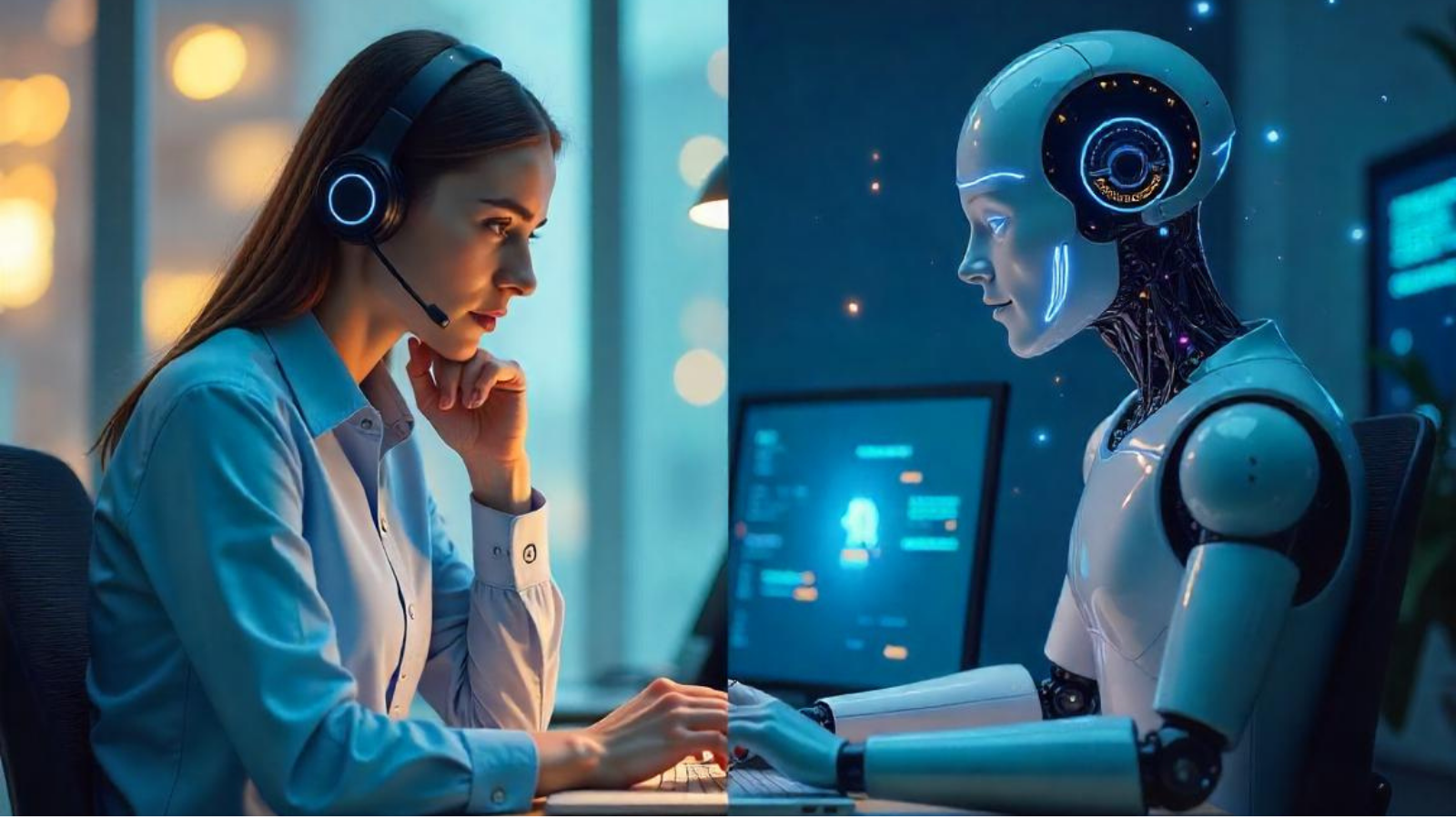In today’s fast-paced digital world, customer support is evolving at an unprecedented rate. With the advent of AI and machine learning, the landscape of customer service has seen a significant transformation. This blog delves into the comparative analysis of AI chatbots, particularly large language model (LLM) chatbots, and traditional customer support mechanisms. We will explore how custom GPTs are revolutionizing customer service and why they might be superior to both traditional support and older chatbot models.
The Evolution of Customer Support
Traditional Customer Support
Traditional customer support has long relied on human agents to address customer inquiries. This method, while personal and empathetic, comes with several limitations:
- Scalability Issues: Handling a large volume of inquiries can overwhelm human agents, leading to longer wait times and reduced service quality.
- Consistency: The quality of support can vary depending on the agent’s experience, knowledge, and mood.
- Cost: Hiring, training, and retaining skilled support staff can be expensive.
The Rise of AI Chatbots
AI chatbots emerged as a solution to these limitations. Early chatbots were rule-based, using predefined scripts and decision trees to respond to customer queries. While they offered some improvements, they also had notable drawbacks:
- Limited Understanding: Rule-based chatbots often struggled with understanding complex or ambiguous queries.
- Rigid Responses: These chatbots could only handle scenarios they were explicitly programmed for, making them inflexible and frustrating for users.
Large Language Model (LLM) Chatbots
With advancements in AI, particularly in natural language processing (NLP), large language model (LLM) chatbots have significantly improved customer support capabilities. LLM chatbots, such as those powered by OpenAI’s GPT (Generative Pre-trained Transformer), utilize vast amounts of data to understand and generate human-like text. These models are trained on diverse datasets, enabling them to comprehend context, recognize intent, and generate relevant responses with high accuracy.
Advantages of LLM Chatbots
- Enhanced Understanding and Context Awareness: LLM chatbots can understand complex queries and maintain context over long conversations, providing more accurate and relevant responses.
- Natural and Human-like Interaction: The responses generated by LLM chatbots are fluid and conversational, closely mimicking human interactions, which improves user experience.
- Scalability: These chatbots can handle an unlimited number of inquiries simultaneously, ensuring that customers receive prompt responses without wait times.
- Consistency: LLM chatbots provide consistent service quality, as their performance does not vary based on external factors like human agents’ mood or fatigue.
Custom GPTs: A Step Further in Customer Service
Custom GPTs take the benefits of LLM chatbots to the next level by tailoring the model to specific business needs and customer bases. Custom GPTs are LLM chatbots that have been fine-tuned with additional data specific to a business or industry. This fine-tuning process involves training the model on proprietary datasets that include company-specific terminology, product details, and common customer queries.
Why Custom GPTs Are Superior
- Personalization: Custom GPTs can provide highly personalized responses based on the specific products or services offered by a business. This level of customization enhances the customer experience by delivering more relevant and accurate information.
- Brand Consistency: By training the model on brand-specific content, businesses can ensure that the chatbot’s responses align with their brand voice and messaging.
- Improved Accuracy: Fine-tuning with proprietary data improves the model’s ability to understand and respond to niche or industry-specific inquiries that generic models might struggle with.
- Adaptability: Custom GPTs can be continuously updated with new data, allowing them to adapt to changing business needs and customer preferences.
Comparative Analysis: AI LLM Chatbots vs. Traditional Customer Support
- Efficiency and Availability: AI LLM Chatbots are available 24/7, these chatbots provide instant responses, ensuring customers receive support at any time of day or night whereas traditional support is limited by human working hours, which can lead to delays in response times, especially during off-hours or peak periods.
- Cost-Effectiveness: After the initial development and deployment costs, the operational costs of AI LLM Chatbots are significantly lower. They reduce the need for a large human support team, lowering overhead expenses whereas Traditional Support requires continuous investment in hiring, training, and salaries, making it more expensive to maintain, especially for large teams.
- Consistency and Quality: AI LLM Chatbots provide consistent responses regardless of the time or the number of inquiries, ensuring a uniform customer experience whereas quality can vary between agents in case of traditional support and can be affected by factors such as training levels and individual performance.
- Handling Complexity: Advanced LLM chatbots and custom GPTs can handle complex and nuanced queries with high accuracy, thanks to their training on vast and diverse datasets whereas Traditional customer support via human agents excel in handling highly complex or sensitive issues that require empathy and judgment, which AI is still catching up to.
The evolution from traditional customer support to AI-driven solutions marks a significant shift in how businesses engage with their customers. While traditional support has its merits, particularly in handling complex and sensitive issues, the advantages of AI LLM chatbots and custom GPTs are undeniable. They offer unparalleled scalability, consistency, and cost-effectiveness, making them an essential tool for modern customer service operations.
Custom GPTs, with their ability to provide personalized and accurate responses, represent the pinnacle of this evolution, combining the best aspects of AI technology with the specific needs of individual businesses. As AI continues to advance, we can expect even greater improvements in the quality and capabilities of customer support chatbots, further transforming the customer service landscape.



